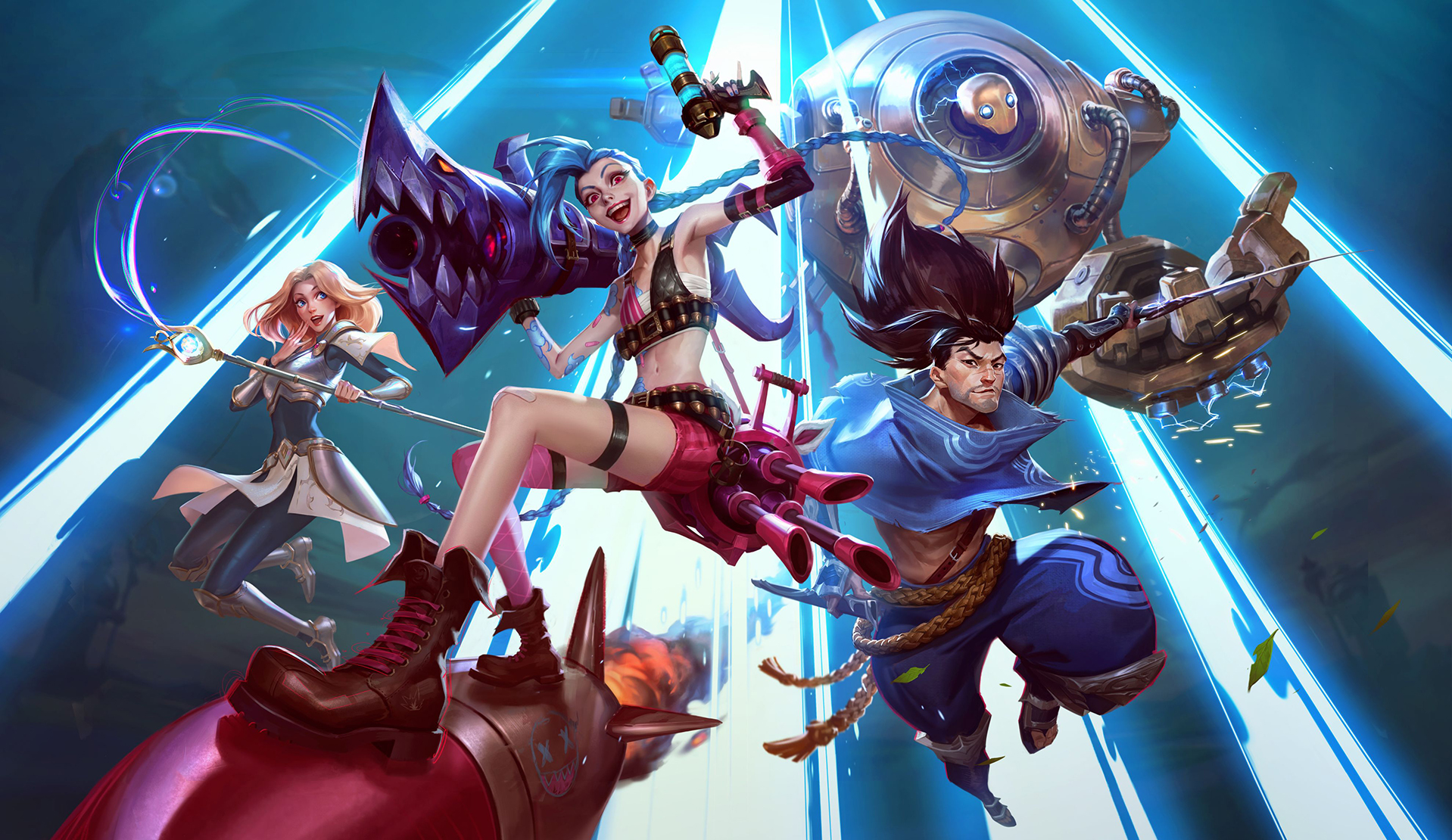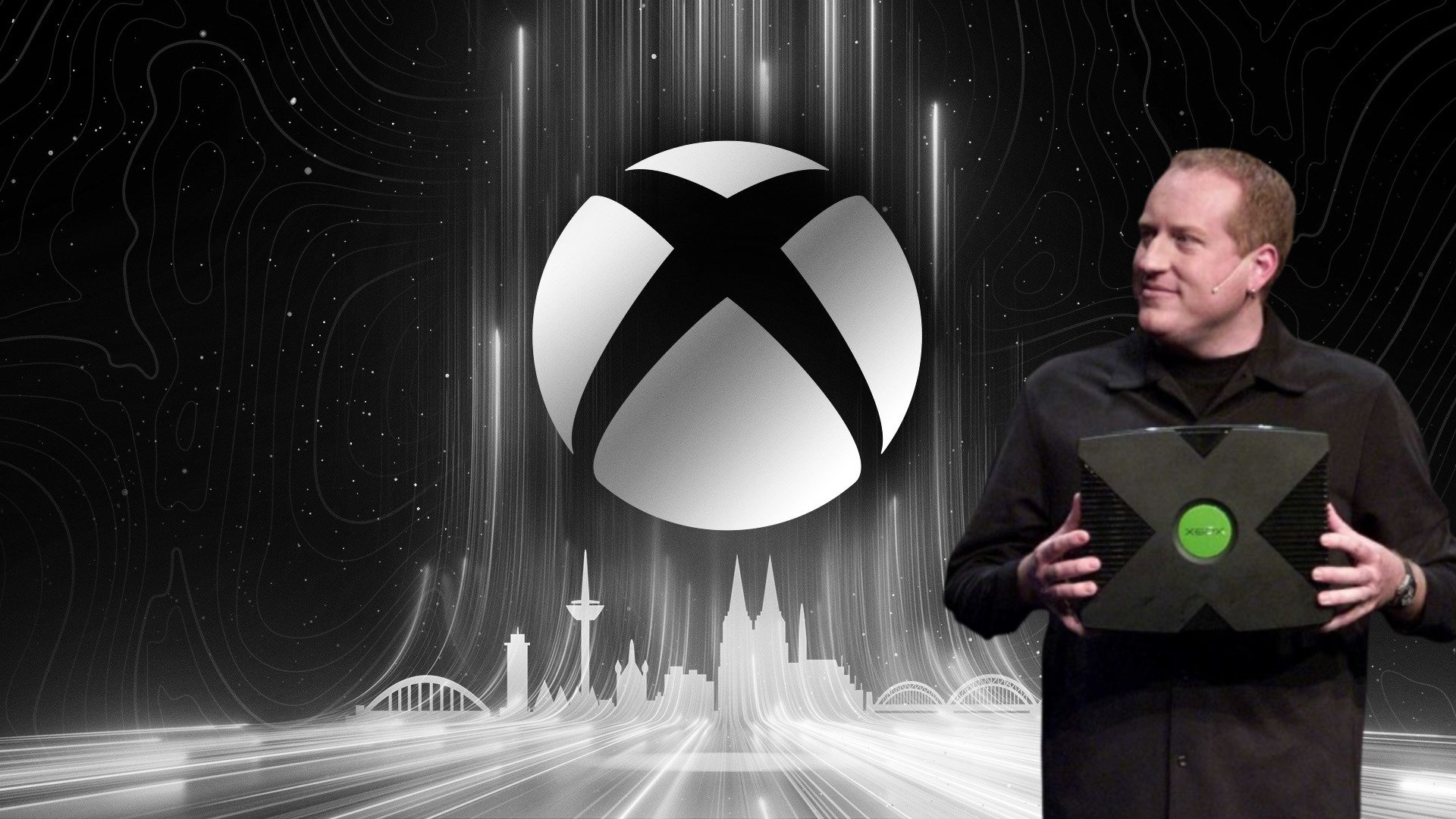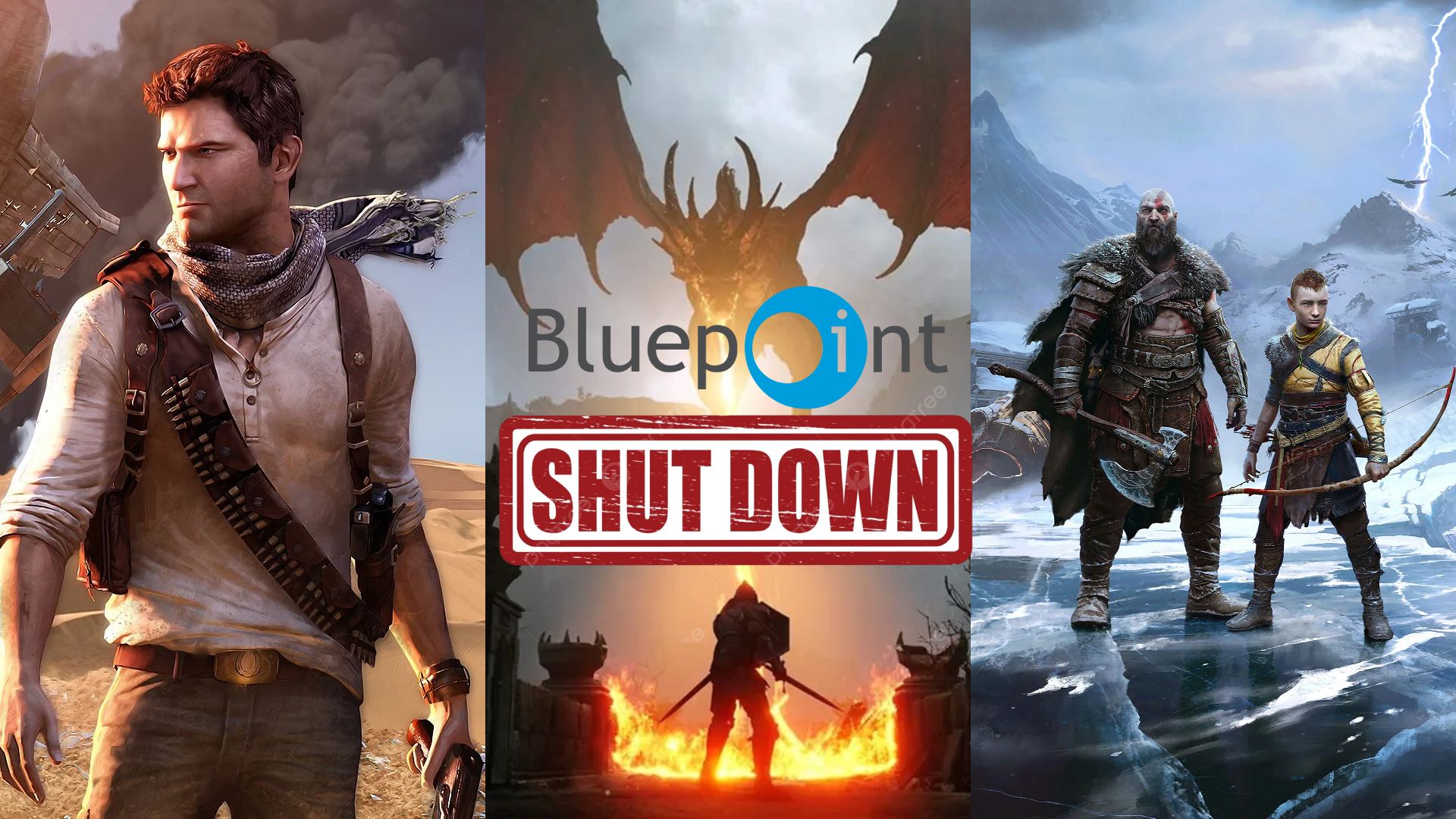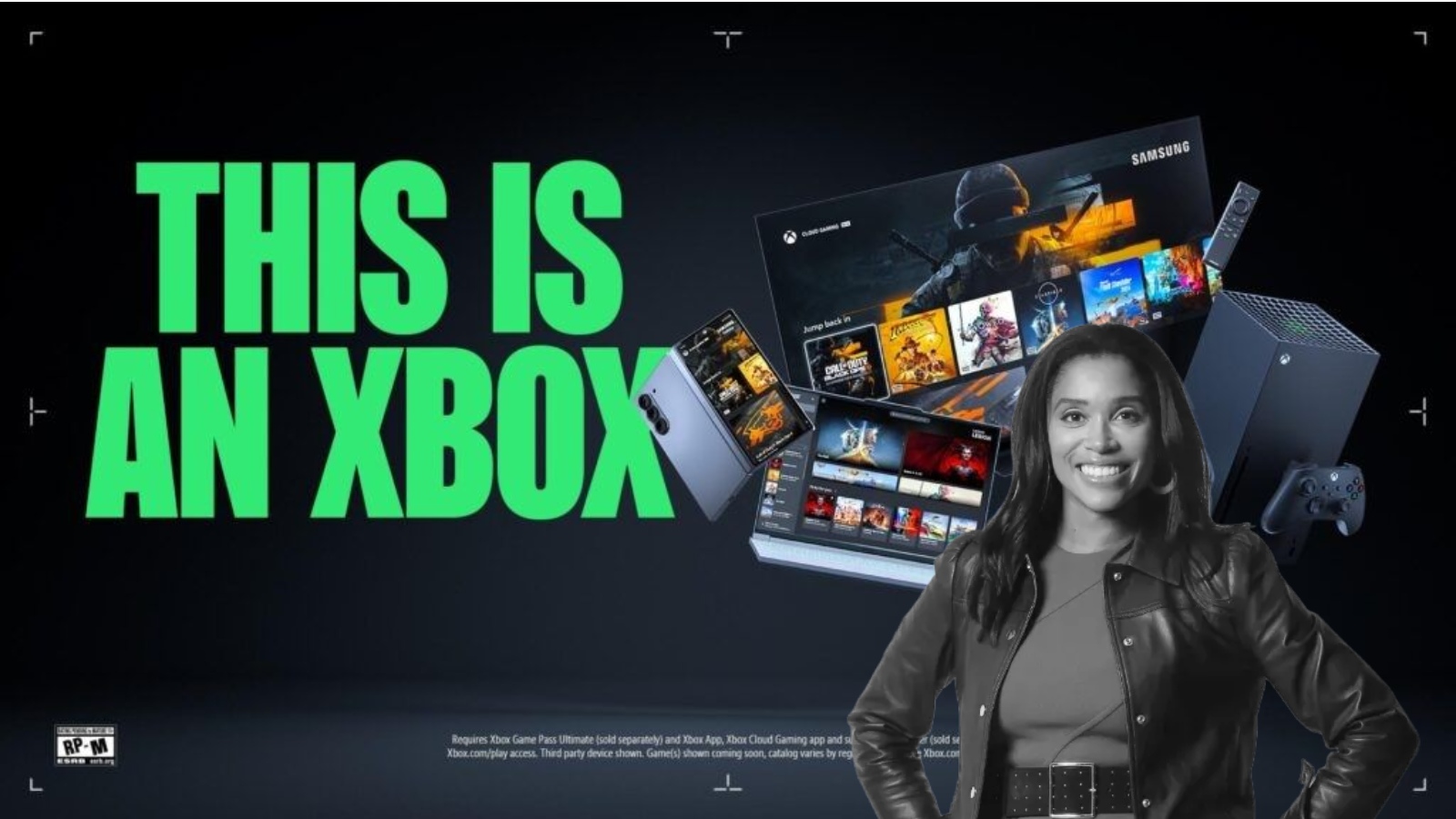- The US government blacklisted major Chinese companies like Tencent and CATL for allegedly aiding the Chinese Military.
- Tencent’s spokesperson has denied such activities and stated that they are not a military company or supplier.
- The blacklist has caused massive damage to Tencent, causing their shares to drop by almost 10% in Hong Kong.
The US Department of Defense creates an annual list of Chinese companies that pose a threat to US security under section 1260H. In an updated list posted on 7th January 2025, Chinese gaming giant Tencent was added to the list, alleging it was a potential threat to the US.
CATL, one of the biggest battery manufacturers, was also added to the list. According to the US, both these companies were allegedly aiding the Chinese military. The list doesn’t mean an outright ban, but it has caused massive damage to the holding company.
Why it matters: Tencent is one of the biggest names in the gaming industry and owns shares in over 600 companies, including notable names like Ubisoft, Riot Games, FromSoft, Techland, and more.

In a statement to BBC from Tencent’s spokesperson, the following was said:
We are not a military company or supplier. Unlike sanctions or export controls, this listing has no impact on our business.
The spokesperson also said that they’ll work with the US Department of Defense to clear out the misunderstanding. A spokesperson from CATL had a similar statement, saying that the company’s inclusion in the list was clearly a mistake.
Nevertheless, this addition has already caused some serious damage to Tencent as their shares have now plummeted by 8% in Hong Kong after this blacklist. That said, this inclusion will potentially cause the US national treasury to sanction these names.
Chinese phone company Xiaomi was previously also blacklisted but was removed later on after the company sued the US government. The hearing judge in the case called the US decision to blacklist Xiaomi deeply flawed.
Tencent could potentially sue the US government in order to lift its blacklist since it will affect the gaming industry heavily.
With WeChat’s ban on transactions, free-to-play games like PUBG, Path of Exile, and other titles could potentially follow the same suit, which would heavily affect the company since microtransactions are what help fund these games.
The share plummet could also affect Tencent’s rumoured plans to buy Ubisoft, which the French publisher previously confirmed true. What do you think about this? Let us know your thoughts about this in the comments or on Tech4Gamers’s Official Forum.
Thank you! Please share your positive feedback. 🔋
How could we improve this post? Please Help us. 😔
[Staff Writer]
Shaheer is currently pursuing a Business degree while also working as a part-time Content Writer. With his deep passion for both writing and video games, he has seamlessly transitioned into a role as a Journalist. Over the past two years, Shaheer has contributed as a freelancer to various websites and landed positions on acclaimed platforms like Gamerant. Currently, his role at Tech4gamers is as a Features Writer, but he also covers News occasionally. Shaheer’s favorite gaming franchises are Assassin’s Creed and the God of War series.
Get In Touch: shaheerzahid03@gmail.com




